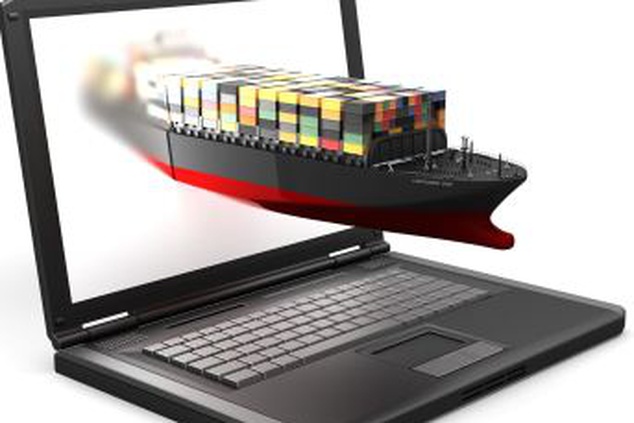Maritime Cyber Security Workshop in Brussels
Maritime Cyber Security Workshop in Brussels, 28/09.
Published on August 26, 2011

The Agency will arrange a Maritime Cyber SecurityWorkshop in Brussels, end of September, 28/09
Context
Critical infrastructure in the maritime sector sustains services and the movement of vital goods. This includes energy (transportation of oil and gas) and food. These transports are so crucial that their unavailability or delays in their supply chain may adversely affect the well-being of any Member State population.
- 22 Member States with maritime border manage more than 1.200 sea ports supporting the maritime sector activity.
- Three major European seaports (i.e. Rotterdam, Hamburg and Antwerp) accounted in 2010 for 8% of overall world traffic volume, representing over 27,52 Million-TEUs.
- Additionally, these seaports handled more than 50% of the entire European waterborne foreign container trade.
- The main European seaports carried in 2009 17,2% of the international exports and 18% of the imports, the European economy is consequently critically dependent upon the maritime movement of cargo and passengers.
- Around 90% of EU external trade and more than 43% of the internal trade take place via maritime routes. Industries and services belonging to the maritime sector, contribute between 3 and 5 % of EU Gross Domestic Product (GDP), and maritime regions produce more than 40 % of Europe‟s GDP.
- Securing the critical infrastructure of the maritime sector and the movement of vital goods has become a priority and area of concern for the key European stakeholders, including the European Commission, Member State governments and the main actors from the private sector.
Maritime cyber security action
In this context, ENISA took the lead in analysing the key ICT dependencies and cyber security aspects relevant for the maritime sector and organizes a workshop to engage all relevant stakeholders in discussing:
• Cyber security challenges in the Maritime Sector (dependencies of ICT in general and some high level risks); Critical infrastructures are highly interconnected and mutually dependent in complex ways. Commercial maritime companies are increasingly supporting this demand. Also the maritime sectors provides a wide range of products and services around information technology and communication systems, with a high degree of automation and reliability. For example, self-unloading applications are deployed and operated worldwide. The automations can be found in Industrial Control System, or ICS infrastructure for the maritime sector.
• National European and international initiatives related to cyber security aspects in the Maritime Sector; The European Parliament provides requirements and the applicable security principles for the SafeSeaNet system in its Directive 2002/59/EC. Directive 2010/65/EU provides basic requirements on the electronic transmission of data, exchange of data and confidentiality of the information exchanged through the various systems of the maritime sector.
• Standardisation and regulation (certification) initiatives related to the cyber security aspects in the Maritime Sector in the EU and outside EU.
Report
The outcome of this workshop will be integrated into an ENISA study on this topic, ''Cyber Security aspects in the Maritime Sector''. The report is due approx. in October 2011 and will give a current ‘panorama’ of the Cyber dependencies of ICT in the Maritime Sector both in Europe and in an international context.
Several stakeholders have been invited to take part in the study: the European Commission, industry and maritime service providers, public bodies in the Member States, standardisation bodies as well as regulators.
Stay updated - subscribe to RSS feeds of both ENISA news items & press releases!
News items;
http://www.enisa.europa.eu/media/news-items/news-wires/RSS
PRs:
http://www.enisa.europa.eu/media/press-releases/press-releases/RSS